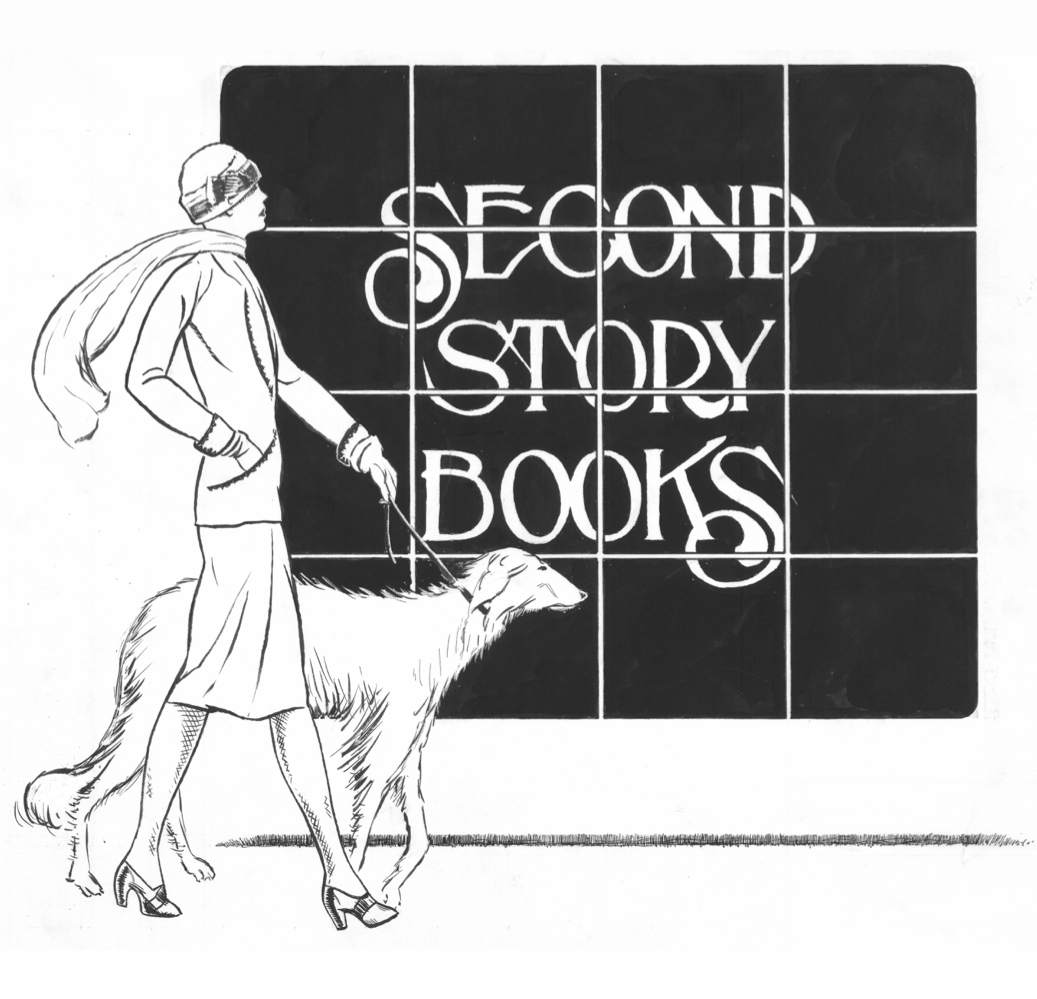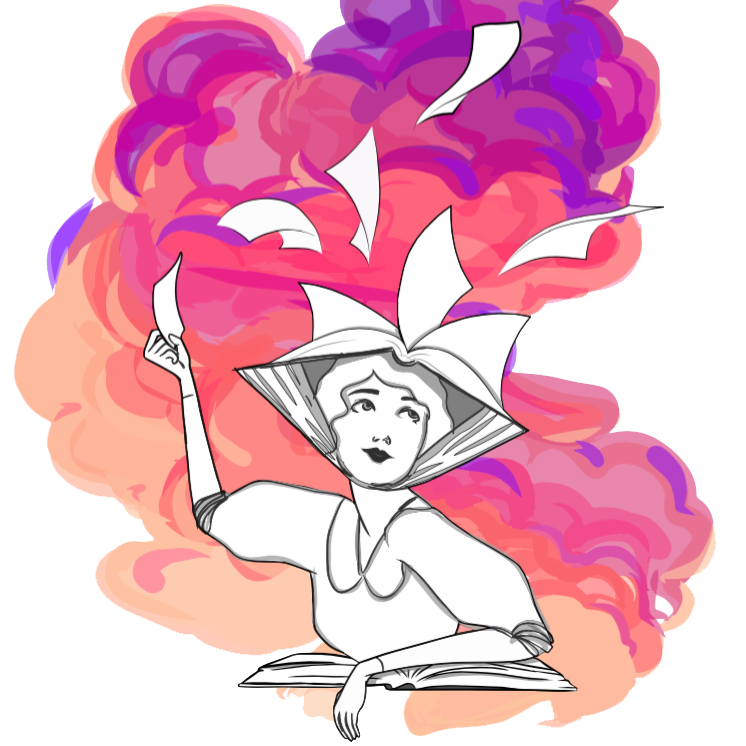W. H. AUDEN AUTOGRAPH LETTER SIGNED [ALS]
1946. One-page autograph letter signed by W. H. Auden with one horizontal fold and three vertical, housed in the original envelope. Undated, but postmarked March 22, 1946, it answers a request for an autograph and a handwritten copy of a poem. The autograph was agreed to, but the poem had a very snarky answer: "You are welcome to my autograph, but I will not copy out a poem because / a) I am too lazy / b) You couldn't read it if I did. / c) Why should I?"
Letter is in Very Good condition with light wear. Light age toning to envelope, tears to flap, handwritten return address to flap. KW Consignment. Shelved case 0.
1366478
Shelved Dupont Bookstore
Price: $750 save 20% $600
NOTES
Auden was a British-American poet, one of the three major twentieth-century British and Irish poets alongside Yeats and Eliot.
From the Stephen May Autograph Collection. As a youth in the 1940's, Stephen May (1931-2016) collected autographs of famous people, identifying individuals through Who's Who publications and contacting them with a thoughtful, lengthy, well-researched letter introducing himself, acknowledging the individuals’ accomplishments, asking one or two pertinent questions and, finally, requesting that they return a signature. Some responded simply with an autograph on a provided 3x5 card while others included bonus material with the signature in the form of a poem, letter, friendly greeting, or words of advice for the teenage boy. Steve's collecting hobby became known among his family and wider circle of friends in the city of Rochester, NY, where his father, Arthur J. May, taught European history at the University of Rochester, and his mother, Hilda Jones May, was active in the community. Eventually, more people helped Steve in his pursuit, which accounts for the signatures with dates before or after the mid-40's and without the prompting of a letter from him. A few signatures are from the 19th century. The collection is a broad representation of the people and forces that shaped our world, and the culture, accomplishments, and innovations of the first half the 20th century.




![1366478 W. H. AUDEN AUTOGRAPH LETTER SIGNED [ALS]. W. H. Auden.](https://secondstorybooks.cdn.bibliopolis.com/pictures/1366478.jpeg?auto=webp&v=1681327051)
![W. H. AUDEN AUTOGRAPH LETTER SIGNED [ALS]](https://secondstorybooks.cdn.bibliopolis.com/pictures/1366478_2.jpeg?width=320&height=427&fit=bounds&auto=webp&v=1681327096)